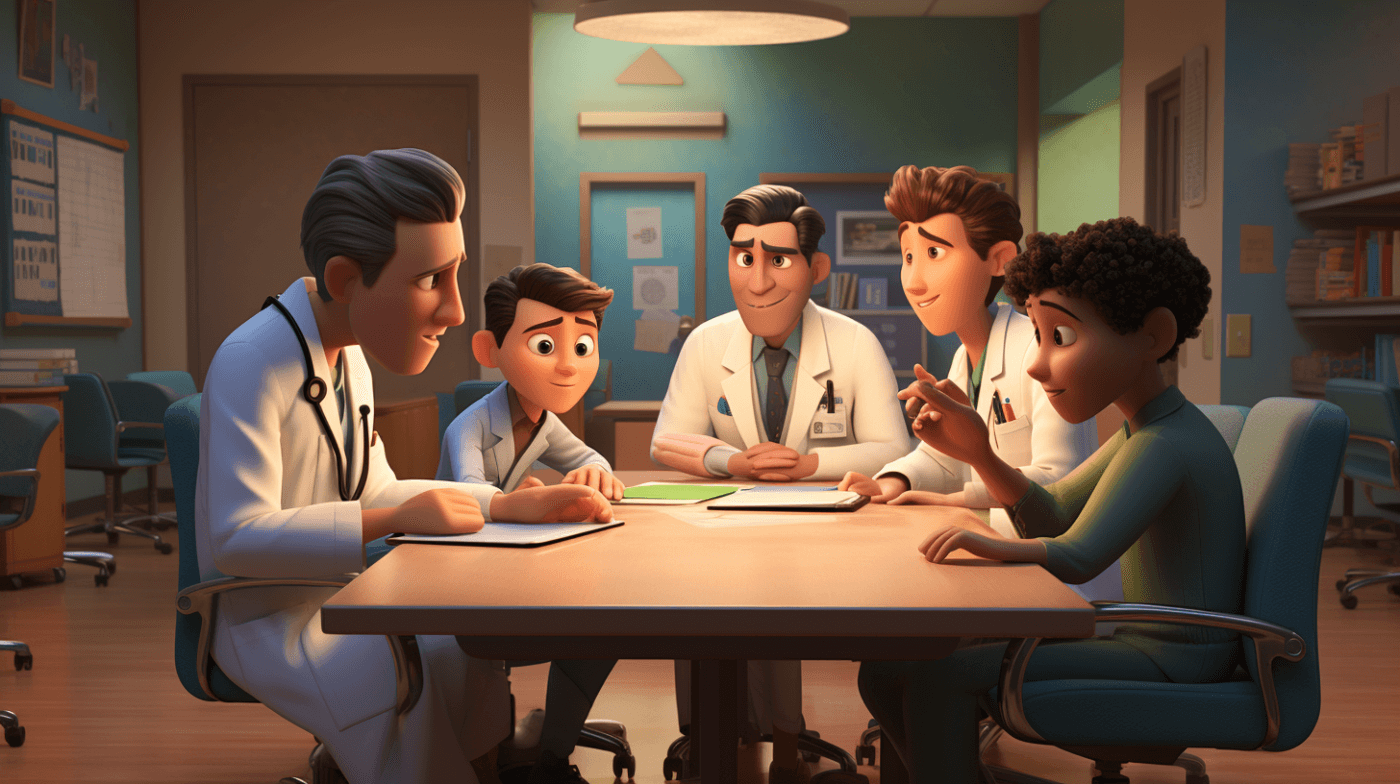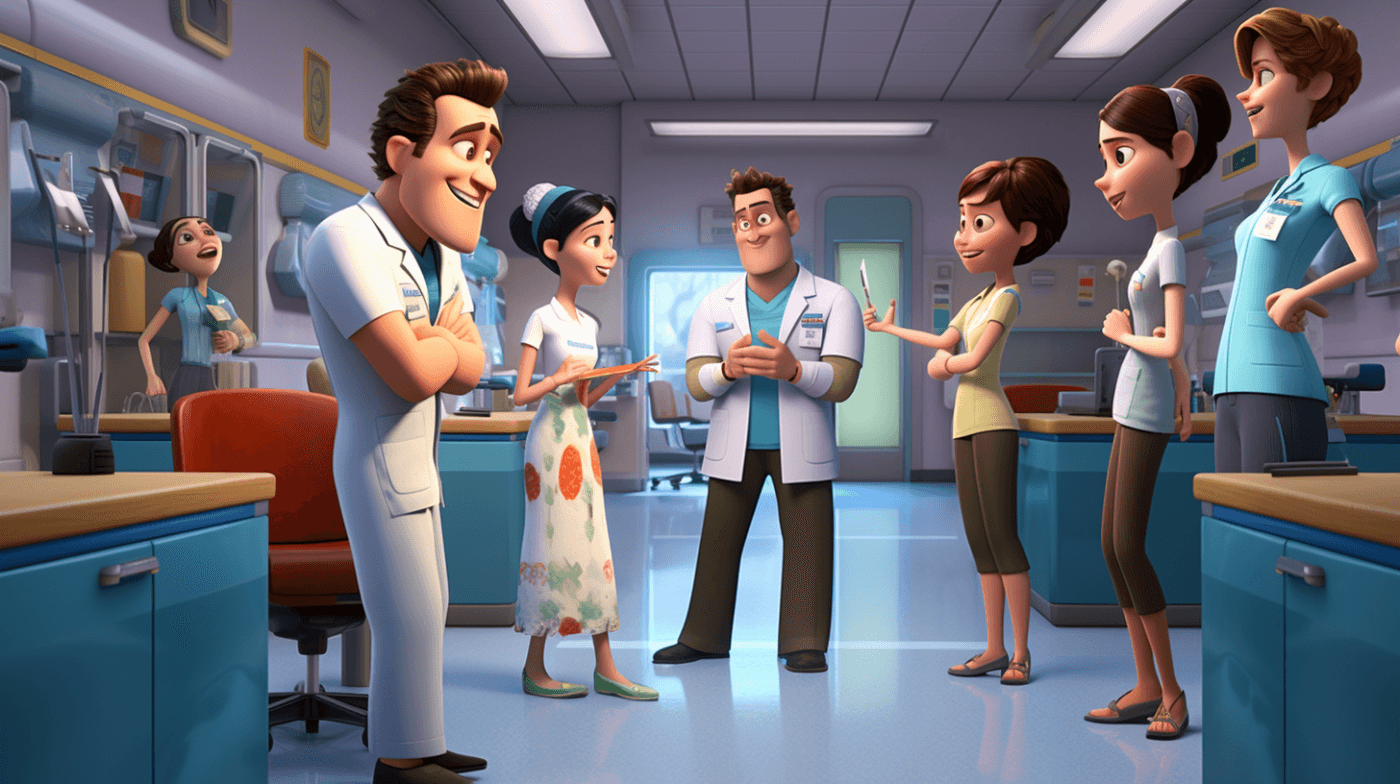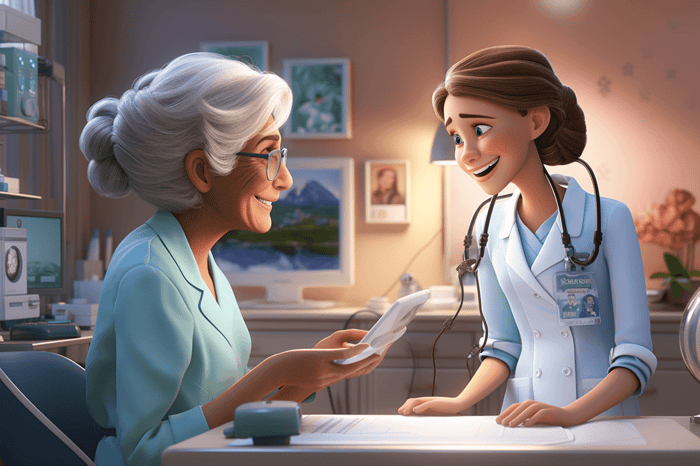
The Student Experience at King’s College London Medical School
Hello future physicians! In this blog, we’ll summarize key details on the learning environment directly from King’s College London Medical School's responses to GMC surveys in 2020 and 2021. The goal is to equip you with an in-depth factual understanding of King's training approach as you consider potential medical schools.
Patient Safety and Learning Culture

King’s College London Medical School introduces patient safety curriculum in the first year, with topics like human factors, speaking up about errors, and analyzing contributors to adverse events using a systems thinking lens (2020). Instruction intensifies in later years through unfolding simulated case scenarios focused on recognizing deteriorating patients, navigating errors, and applying safety protocols (2020, 2021). Facilitated debriefing sessions after simulations promote reflection on real-world incidents and anonymized medical errors to strengthen judgement and critical thinking (2020).
A core element is an online confidential reporting system, co-designed through collaboration between students and faculty in 2020. Issues submitted via the portal receive swift investigation within 20 days by a working group overseen by senior leadership. Reporters get summaries of findings and actions taken as appropriate.
By 2021, King’s College London Medical School leveraged professional infringement incidents as catalysts for reflective development rather than disciplinary action. Supportive faculty meetings help learners grow professionally from misjudgments. The school’s annual Quality Improvement Conference offers a platform celebrating student projects on improving patient safety (2020).
Key Themes
- Integrated curriculum with simulations, debriefs
- Confidential reporting system with oversight
- Support meetings help students reflect
- QI Conference showcases projects
Notable Developments
- Confidential reporting system launched
- Leveraging incidents for learning
Training, Supervision and Competence

At King’s College London Medical School, preparation on consent, supervision, and clinical responsibilities begins in year one (2020). Dedicated modules teach medical law and ethics using applied scenarios. In clinics, photographic ID badges clearly identify students’ training level. Strategic teaching schedules prevent overlap between senior and junior students (2020).
Tailored training programmes prepare GP and hospital tutors for supervisory roles (2021). Students are only placed with same-level peers to match competencies (2021). “My tutor did focused workshops before my placements began. It was reassuring they understood their oversight duties,” shared one student.
Key Themes
- Comprehensive competency training begins early
- Strategic scheduling avoids student overlap
- Custom supervisor preparation programmes
- Students placed only with peers at same level
Notable Developments
- New training initiatives for supervisors
- Reinforced same-year student placements
Programme and Placement Induction

King’s College London Medical School provides multi-level onboarding spanning both the overall programme and specific clinical placements (2020). Specialty-focused inductions allow personalized preparation for environments like anatomy labs and wards.
Students immediately formalize their commitment to professional standards through signed codes of conduct (2020). Feedback gathered during onboarding helps King’s enhance introduction activities year on year. “Completing surveys gave me a voice in shaping the experience for future cohorts,” a student explained (2021).
Key Themes
- Multi-faceted onboarding at programme and placement levels
- Early emphasis on professional conduct
- Student feedback improves activities
Notable Developments
- Expanded in-person elements in 2021 after review
Multi-professional Learning

King’s College London Medical School has an established interprofessional learning (IPL) partnership with allied health programs at neighboring universities (2020). Nursing, pharmacy, physiotherapy, and other disciplines participate in faculty-facilitated IPL events spanning ethics, team-based care, and collaborative analysis of complex patient cases.
Within clinical environments, King's students undertake informal IPL through ward rounds, simulations, and meetings exposing them to authentic collaborative practice (2020). Despite logistical barriers arising from large cohort sizes and differing academic schedules, the school actively adapts IPL programming to maximize these immersive co-learning opportunities.
Key Themes
- Immersive IPL integrated in simulations and clinical placements
- Adaptations sustain IPL despite logistical barriers
- Persisted in offering impactful virtual IPL during pandemic
Notable Developments
- Launch of large-scale virtual IPL events (2021)
Technology and Simulation-Based Learning

King’s College London Medical School students access the online platform KEATS which hosts extensive digital learning resources mapped to the curriculum (2020, 2021). KEATS allows flexible anytime access from dispersed clinical locations.
The school collaborates with placement sites, the Royal College of General Practitioners, and its own facilities to deliver simulation-based training integrating clinical knowledge and non-technical skills development (2020, 2021). Training modalities range from intimate examination practice to emergency response team leadership.
Key Themes
- KEATS platform enables accessible online learning
- Ongoing simulation partnerships across sites
- Digital policies uphold robust infrastructure
Notable Developments
- Implementation of new remote learning policies (2021)
Feedback Loops

King’s College London Medical School gathers student feedback through end-of-placement surveys and student liaison committees attended by class representatives (2020, 2021). The school reviews aggregated feedback to identify opportunities for targeted enhancements.
While King's values student perspectives, the school acknowledges ongoing challenges fully synthesizing qualitative feedback from multiple sources. In 2021, King's launched development of new systems like an automated risk register to integrate varied datasets more holistically.
Key Themes
- Surveys collect student feedback
- Ongoing challenges synthesizing varied data sources
Notable Developments
- Development of automated risk register (2021)
Facilities

King’s College London Medical School’s Digital Education Policy establishes standards for campus facilities, IT systems, libraries, and physical spaces (2020). The policy was updated in 2021 to additionally cover virtual teaching delivery formats.
Risks and concerns identified during quality assurance visits to placement sites are logged and tracked according to GMC guidelines (2020, 2021). Issues are rated by risk level and escalated for remediation monitoring.
Key Themes
- Policy defines campus facilities and IT standards
- Policy expanded to include virtual teaching
- Risk monitoring from quality visits
Notable Developments
- Updated policy adding virtual teaching standards (2021)
Wrapping up
In summary, King's College London Medical School's responses to GMC surveys portray their training approach as one grounded in cultivating collaborative safety culture, scaffolded competency development, and multifaceted learner support systems. The school's integrated patient safety curriculum, structured supervisor preparation initiatives, and focus on synthesizing student feedback signal a continuous improvement mindset.
While gaps likely exist between educational visions and realities, prospective students can reference the policies, curricula, and infrastructure developments self-reported here to evaluate program alignment with their learning priorities. We hope these data-driven insights from King's faculty and learners themselves inform your reflections on deciding where to embark on the transformative journey of medical education.




